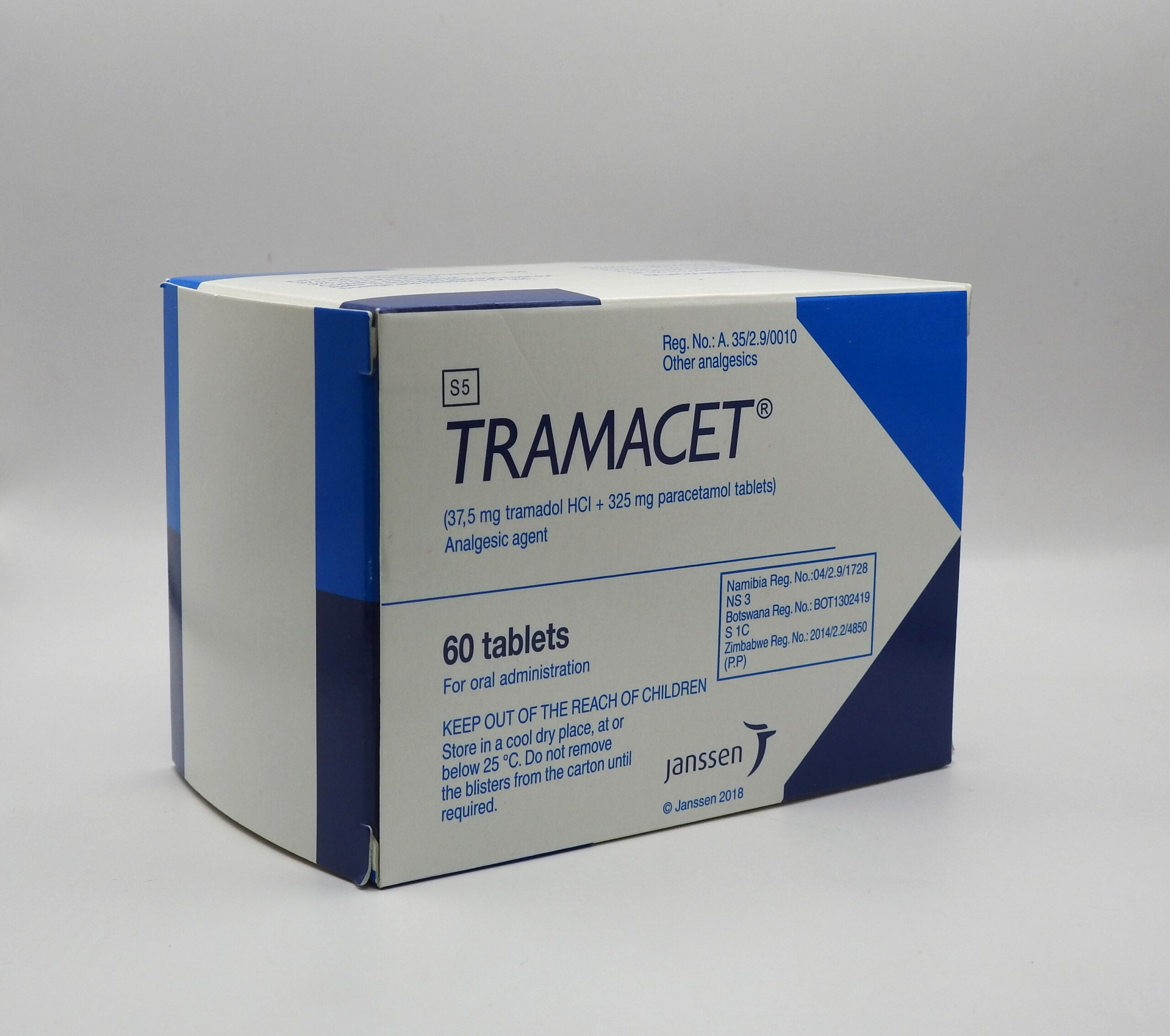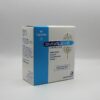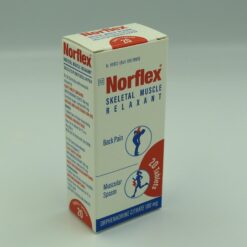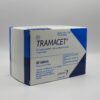Tramacet Tablets x 60
$60.90
Tramacet is a prescription medication that contains two active ingredients, tramadol and paracetamol. It is used for the relief of moderate to severe pain. Tramadol is an opioid pain reliever while paracetamol is a non-opioid pain reliever. Tramacet is taken orally in tablet form and the dosage and usage instructions should be followed carefully. Side effects may include dizziness, drowsiness, and constipation. Tramacet should only be used as prescribed by a doctor and individuals with certain medical conditions or who are taking certain medications should not take Tramacet.
Tramacet is a medication that is used for the relief of moderate to severe pain. It is a combination of two active ingredients: tramadol and paracetamol (also known as acetaminophen). Tramadol is an opioid pain reliever while paracetamol is a non-opioid pain reliever.
Dosage: The dosage of Tramacet depends on the severity of the pain and the patient’s individual response to the medication. The recommended adult dose is one or two tablets every 4 to 6 hours as needed, up to a maximum of 8 tablets per day. However, the maximum daily dose of tramadol should not exceed 400mg.
Usage: Tramacet tablets should be taken by mouth with a glass of water. They can be taken with or without food, but it is recommended to take them with food if you experience stomach upset. The tablets should be swallowed whole and not crushed or chewed.
Tramacet should be used only as prescribed by a doctor. It should not be taken for longer than necessary or in larger amounts than prescribed. It is important to follow the instructions on the label carefully and to not exceed the recommended dose.
Tramacet may cause dizziness or drowsiness, so it is important to avoid driving or operating heavy machinery while taking this medication. It may also cause constipation, so it is important to drink plenty of fluids and eat a high-fiber diet to prevent constipation.
Tramacet should not be taken by individuals who are allergic to any of its components, who have severe liver or kidney disease, who have a history of seizures, or who have taken a monoamine oxidase inhibitor (MAOI) within the past 14 days.
It is important to inform your doctor about any other medications you are taking, as Tramacet may interact with certain medications such as antidepressants, antipsychotics, and other pain relievers.
If you miss a dose, take it as soon as you remember. If it is close to the time for your next dose, skip the missed dose and continue with your regular dosing schedule. Do not take a double dose to make up for a missed one.
If you experience any severe side effects such as difficulty breathing, confusion, seizures, or severe allergic reactions, seek immediate medical attention.
| Weight | 0.06 kg |
|---|---|
| Dimensions | 3 × 3 × 1 cm |
Related products
Myprodol is a combination analgesic medication that contains ibuprofen, paracetamol, and codeine. It is used to treat mild to moderate pain of inflammatory origin, with or without fever. * Ibuprofen is a non-steroidal anti-inflammatory drug (NSAID) that works by reducing inflammation and pain. * Paracetamol is an analgesic and antipyretic that works by blocking pain signals and reducing body temperature. * Codeine is an opioid analgesic that works by binding to opioid receptors in the brain and spinal cord to reduce pain. Myprodol is available in capsule form and is taken orally. It is important to follow the dosage instructions on the label or as directed by your doctor. Do not exceed the recommended dose. Myprodol is generally safe and well-tolerated when taken as directed. However, it can cause side effects such as nausea, vomiting, constipation, dizziness, and drowsiness. More serious side effects can occur, but are rare.




